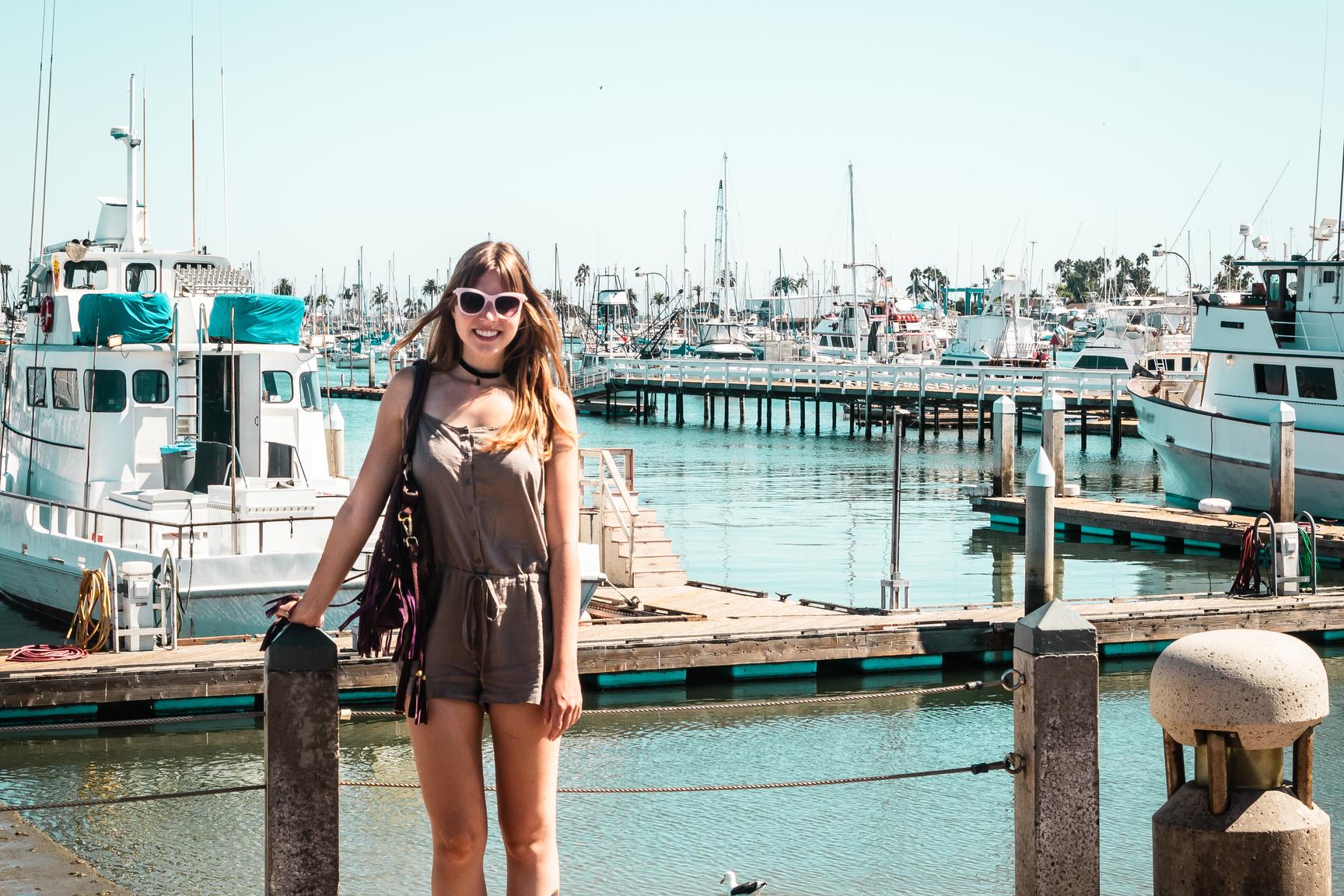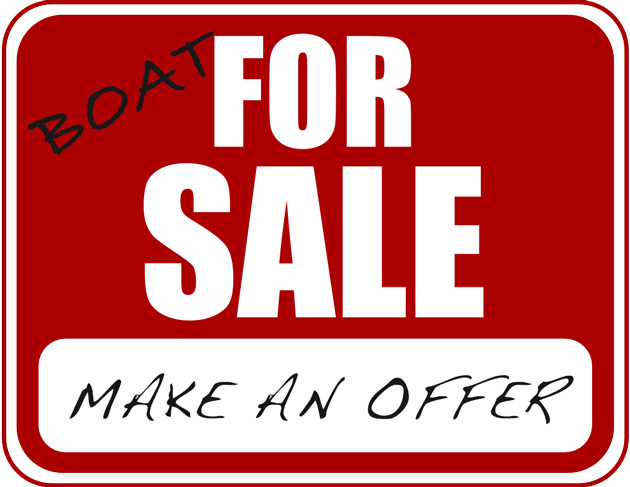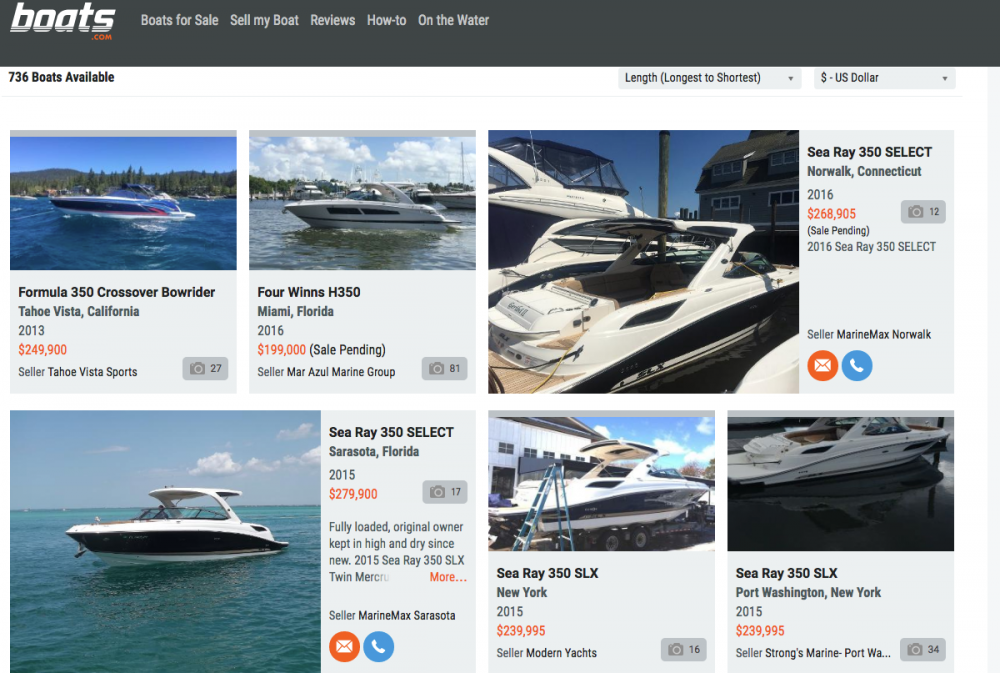How to Buy a Boat: Tips for a First Time Buyer
A step by step guide to buying a boat, from concept to closing.
Are you thinking about buying a boat? Great news—as boaters ourselves, we highly recommend it. We've got lots of great reviews of new boats, as well as listings of new boats for sale and used boats for sale of all sizes and types. But first, let's go through the process of buying a boat, which should start well before you stand to look at a boat.
Basics to Buying a Boat
- Choose your boat type
- Determine whether you'd like to buy new or used
- Browse listings, work with a broker, or attend a boat show
- Before you buy, conduct a walkaround, a sea trial and a survey
- Close the deal

What Type of Boat to Buy
The first question to ask yourself is: What kind of boating do I like to do? If you haven't done so already, consider where and how you will use the boat that you'll buy. Boats are specialized, so what you get should be largely determined by how you enjoy days spent out on the water. Take the time to do your research. Just as you wouldn't buy an off-road vehicle to commute on a highway, it's important to find the right boat to fit your activities, tastes, and the needs of your crew.

Do you want something you can put on a trailer and haul from waterway to waterway? Is entertaining guests with cocktails at sundown the primary motivation for your purchase? Will you do a lot of overnighting? Do your kids have plans to water-ski and wakeboard? Each of these is a valid reason to buy a boat, and each will lead you to a different type. Ask yourself these questions and answer them honestly before signing that purchase contract.
For more help finding those answers, read What Type of Boat is Best for You? Top 10 Choices for Boaters.
Even once you decide what you like, there are more choices to make because each boat type will require different amounts of time and money to enjoy properly. For example, a trailerable boat can save you money on dockage and winter storage, but each time you want to use it you will have to take it to a launch ramp and get it in the water. A boat stored in the water can make quick after-work getaways possible.
Here are some additional resources to consider when choosing between the different boat types:
- Bowriders
- Express Cruisers
- Choosing a Center Console: Is it the Right Boat for You?
- Freshwater Fishing Boats
- Aluminum Fishing Boats: Light, Economical, and Seaworthy
- Pontoon Boats
- Choosing the Perfect Runabout
- Five Reasons You Should Own a Sailboat
- Saltwater Fishing Boats
- Speed Boats
- Watersports Boats for water skiing, wakeboarding, wakesurfing

Should I Buy New or Used?
It only takes a little bit of shopping to discover that there are a lot of used boats available at lower prices than you would pay for the same boat brand new. Fiberglass and aluminum don't rot like traditional wood does, so today's boats last a long time.
Buying used can save you money upfront, but just like buying a used car, it also increases the variables. Used boats usually won't come with any sort of warranty and there's no guarantee of mechanical condition, so buyer beware. If you haven't bought a used boat in the past, be sure to check out Boat Buyers Beware: 10 Hidden Problems to Look For in Used Boats.

Shopping for a Boat
Once you're ready for some serious boat shopping, the best place to begin is online. You can compare models, prices, and even take virtual tours all without getting out of your chair. The boats.com boats for sale include a wide range of boats and types, and you may also want to investigate what's available on our sister sites: YachtWorld and Boat Trader. You can search by length, boat type, or model name, and you can also customize your search by location.
Even if you have endless patience for boat gawking, it can still be exhausting and disappointing to fall in love with the photos and then be disappointed by the actual boat. Here are some tips to help you weed out the ones that will probably be a letdown:
- Compare photos between similar boats to see what isn't mentioned on a particular listing. It could be a red flag area for that boat.
- Compare "highlights" between listings, to see what's part of a stock equipment list and what's been added or upgraded on each particular boat.
- If the boat is listed with a dealer, glance through the rest of that dealer's offerings to get a feel for the overall business.
- Beware of boats that include a lot of "stuff" you won't use or will have to replace, like outdated electronics. Many sellers add value to the price for items like these because in their mind the items are worth something - but to you, maybe they aren't.
Once you've narrowed down your choices to a select few, you'll need to go check out those boats in person. That can be as easy as ambling down to your neighborhood marina or dropping by a boat show booth, or it could be as complicated as flying halfway around the world. The goal is to see if your choice looks as good in real life as she does on the computer screen.

Inspecting the Boat: Walk-Through, Sea Trial, Survey
How thoroughly should you inspect a boat before you buy? That depends, but if this is a major purchase it's important to dig deep, beyond what the seller wants you to see—especially if you're trying to figure out why a particular deal looks a little too good to be true. If you're not sure whether a particular boat is worth a closer look, start with a walkaround.
Next, go for a sea trial to see if you enjoy being on the boat underway. There's a difference between a sea trial and a boat ride, though. This is no joy ride, so leave the stereo off and listen for mystery noises coming from the engine(s) or hull. Try going in different directions so you see how the boat handles following, head, and beam seas. Shift into neutral and let it drift for a while. Try to gain the broadest possible understanding of how the boat will perform in various conditions and at various speeds.
After the sea trial, it's best if you have the boat hauled before buying. There's a reason why most surveyors will not consider their job complete if the boat remains in the water: too much is hidden below the waterline, and what you can't see below the surface can be crucial to your safety and enjoyment.

And speaking of surveyors, consider hiring one—especially if you're purchasing a boat larger than 30 feet. Most insurance companies will require a recent survey, and you'll definitely learn more about the boat of your dreams. For more details about what's involved with a survey, check out the following articles:
- Ten-Minute Walkaround
- How to Conduct a Sea Trial
- Understanding Boat Surveys: What is Pre-Purchase?
- Survey it Yourself, From Stem to Stern
Closing the Deal
When it comes to actually nailing down a deal, buying a boat is like buying anything else: the more in love with it you are (or appear to be), the higher the price you will pay. Buying a boat can be very emotional, so it's important to step back from that while you are negotiating a price, checking for online fraud, and completing the paperwork.
It's also important (especially with a private sale) to make sure the owner actually owns the boat. Check the paperwork carefully, and if the boat is stored at a yard or marina, ask the manager if there are any outstanding bills or liens on the boat. Here are a few articles to keep in mind while you're wrapping up the sale:
- How to Negotiate Boat Prices
- Online Fraud Prevention: Beware of Common Internet Scams
- Close the Deal: Boat Registrations, Titles, and More
Finally, throughout your boat buying process, don't forget to keep these Top Four Boat Buying Blunders in mind.
Editor's Note: This story was originally published on boats.com in March 2015, and last updated in March of 2025.












